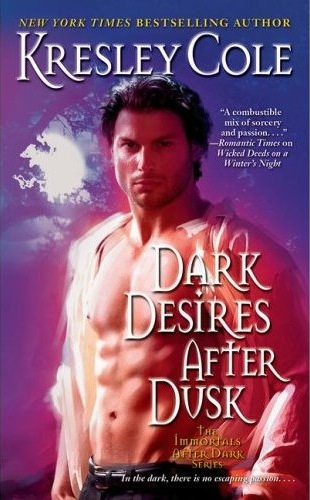Martin Niemoller -
“First They Came for the Jews”
First they came for the Jews
and I did not speak out
because I was not a Jew.
Then they came for the Communists
and I did not speak out
because I was not a Communist.
Then they came for the trade unionists
and I did not speak out
because I was not a trade unionist.
Then they came for me
and there was no one left
to speak out for me.
“First They Came for the Jews”
First they came for the Jews
and I did not speak out
because I was not a Jew.
Then they came for the Communists
and I did not speak out
because I was not a Communist.
Then they came for the trade unionists
and I did not speak out
because I was not a trade unionist.
Then they came for me
and there was no one left
to speak out for me.
This is a poem that we used to use for National Day of Silence when I was an officer (secretary, president, treasurer) of the Gay Straight Alliance in Ogden, Utah. While it is in relation to the Holocaust, the overall message of the poem is useful in many different contexts. If you are unwilling to speak out, even when the topic doesn't affect you, there may be a day when you need the help and no one will be there to speak out for you. Which brings to the reason many blogs are talking about speaking out...
I haven't read the book people are talking about right now, the one that this blog post is about, which is SPEAK by Laurie Halse Anderson. I was going to do a banned book week at one point but with the confernece, october prep month and november novel writing month, it's going to be a long time before I can post on it. So, I'm throwing this one post in between conference topics because it's important.
SPEAK is being banned because the character in the book is raped, which is a key element to the novel. On top of that, someone is actually saying that the rape scene is pornography (even though the term would be obscene, but I won't do that rant here, I promise). The link for the article about the banning is HERE. There is also a dispute over the sex education because they are teaching about reproduction...
This doesn't surprise me. I do have a different story not related to rape but it shows how just the word "sex" scares parents when it comes to any school, even High School. I volunteered for three years at a drop-in center for GLBTQ teens (gay, lesbian, bisexual, transgender, questioning) in Ogden, Utah. We were given a bunch of abstinence only stuff from an organization. Not because they were trying to force abstinence on the gay teens (though I'm sure they didn't mind giving us the message that even we could be abstinent for awhile). They gave it to us because they could not hand out the pencils, stickers and little flashlight thingy at the schools in Ogden. The reason they couldn't hand it out is because they said "wait for sex". The schools ban handing out anything that has the word "sex" on it, even if it is telling people to wait. For real.
Parents don't want their kids to be around sex, just like kids don't want to know that their parents have sex. The only thing is the parents have a little more power, and sometimes too much power to control what goes on.
Now, I don't think if the student is overly uncomfortable with the subject matter of a book, they should be forced to read it. But there has to be a line. Should one parents single complaint affect the rest of students in that school forever? No. Maybe they can ask that their child be given an alternative assignment, or something. But one parent not liking a book shouldn't mean no one ever gets to read it.
Besides, don't these parents know what happens when books are banned? As soon as you ban a book, that means the students will actually want to read it. Students are a little less likely to like a book when they are forced to read it in school, but tell them they can't read it at all... not a bright move. I bet at some point, that parent's kid is going to read SPEAK in part because they were told not to read it.
Buy the book:
10th Anniversary Edition on Amazon
on Barnes and Noble
on Borders web site
from Books A Million
So, my advice here is: Think Before You Ban!
























